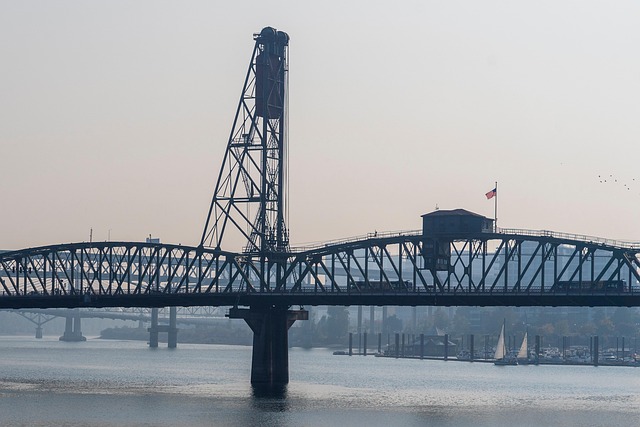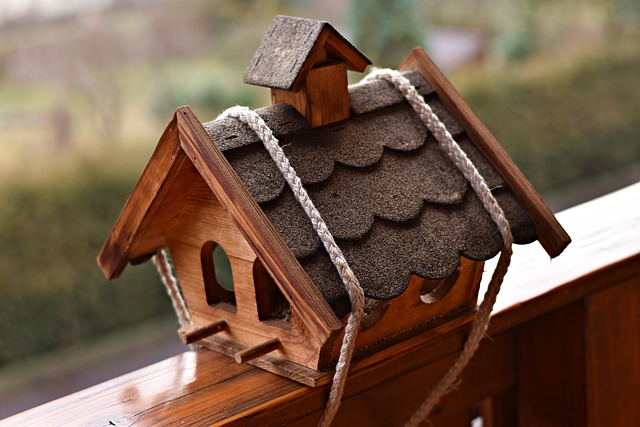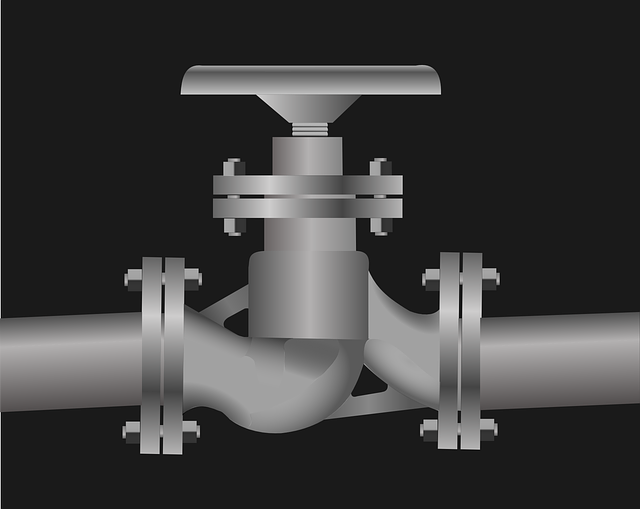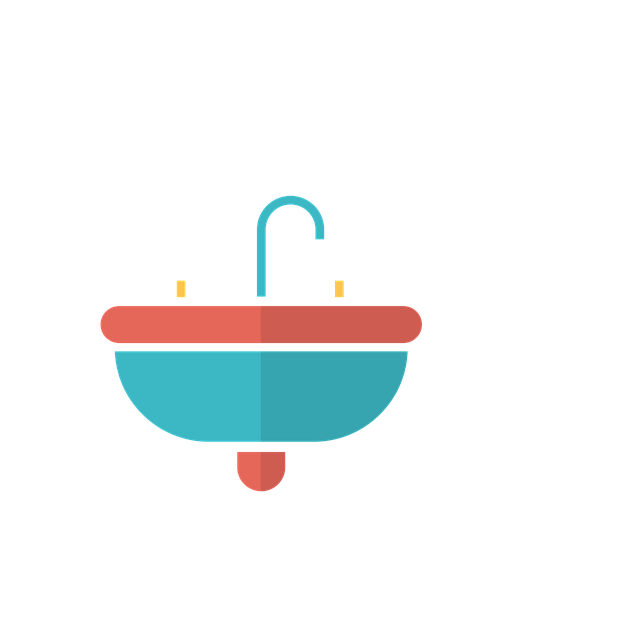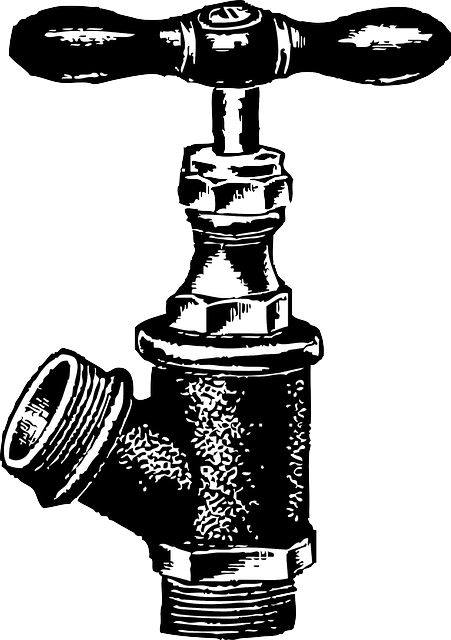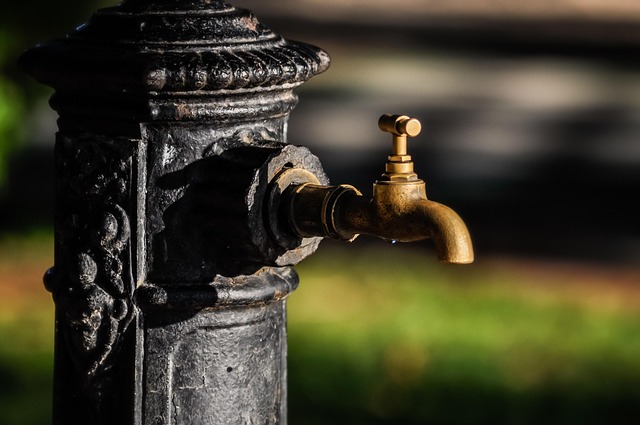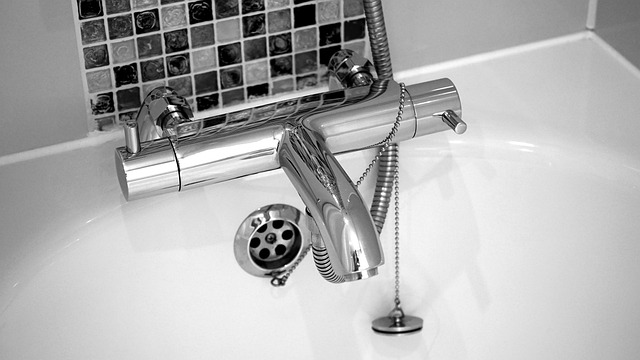Regular plumbing maintenance, including scheduled inspections, sediment removal, and prompt fixture replacement, is crucial for preventing clogs, leaks, and costly damages. By adhering to these essential tips, homeowners can save money, maintain optimal water pressure, reduce waste, and keep their systems running smoothly. Key strategies involve timely maintenance, cleaning, and replacing old fixtures, all focused on leak prevention and enhanced plumbing performance.
In today’s world, understanding the impact of non-degradable items on plumbing systems is crucial. These items, often flushed down drains, can lead to severe clogs and damages, causing costly repairs and disruptions. This article offers comprehensive insights into effective plumbing maintenance tips, emphasizing regular inspections for leak prevention. We explore strategies to optimize water pressure and discuss the importance of sediment removal and fixture replacement for long-term efficiency and performance.
- Understanding Non-Degradable Items and Their Impact on Plumbing Systems
- Plumbing Maintenance Tips to Prevent Clogs and Damages
- The Role of Regular Inspections in Leak Prevention
- Optimizing Water Pressure for Efficient Plumbing Operation
- Sediment Removal, Fixture Replacement: Ensuring Longevity and Performance
Understanding Non-Degradable Items and Their Impact on Plumbing Systems

Non-degradable items are materials that do not break down or dissolve over time, and their improper disposal can wreak havoc on plumbing systems. Common examples include sanitary napkins, pads, tampons, wipes, and certain types of plastics. These items can cause significant clogs in drains and sewers, leading to costly plumbing issues and even system damage. When flushed, they accumulate in pipes, reducing water flow and potentially causing leaks. Regular inspections and maintenance play a crucial role in identifying these problems early on.
Plumbing maintenance tips include scheduling regular inspections to check for any signs of wear or blockages. Preventive measures such as sediment removal and timely fixture replacement are essential. Homeowners should be mindful of what goes down the drain, especially when it comes to non-degradable items. By following these plumbing maintenance tips, you can help ensure optimal water pressure and maintain a smooth-running plumbing system, ultimately saving time and money on repairs.
Plumbing Maintenance Tips to Prevent Clogs and Damages
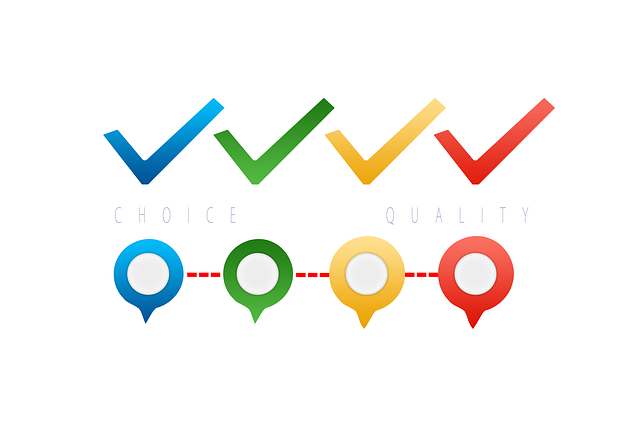
Regular plumbing maintenance is a crucial aspect of preventing clogs and costly damages. One effective strategy is to schedule periodic inspections. These checks allow professionals to identify potential issues early on, such as leaks that could go unnoticed for months or even years. By fixing these leaks promptly, homeowners can avoid water damage and high utility bills.
Additionally, regular maintenance involves ensuring proper water pressure and sediment removal. Buildup of sediment in pipes can lead to clogs and reduced water flow. Regular cleaning and the replacement of fixtures like faucets and showerheads with water-efficient models can help maintain optimal plumbing conditions. This proactive approach not only saves money but also ensures a more sustainable and efficient home environment.
The Role of Regular Inspections in Leak Prevention
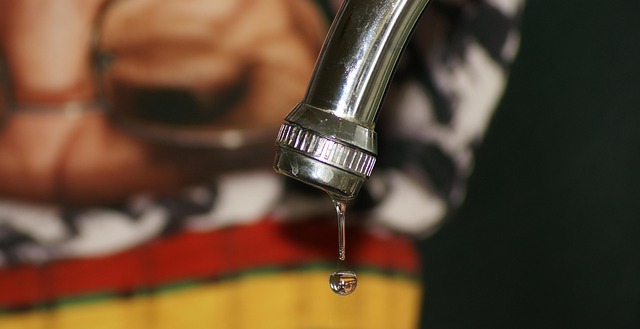
Regular inspections play a pivotal role in leak prevention, a crucial aspect of plumbing maintenance tips. By scheduling routine check-ups, homeowners can catch potential issues early on, long before they develop into major problems. These inspections allow for a thorough evaluation of various components within the plumbing system, including water pressure regulators and pipes. Sediment removal is another key focus; building up sediment can cause blockages and weaken pipes, leading to leaks.
During these visits, professionals can also assess the condition of fixtures and fittings, recommending their replacement if necessary. This proactive approach not only prevents costly repairs but also ensures efficient water flow, as old or damaged fixtures can significantly impact pressure levels. Regular inspections are a simple yet effective way to maintain optimal plumbing health and avoid the hassle—and expense—of emergency leaks.
Optimizing Water Pressure for Efficient Plumbing Operation
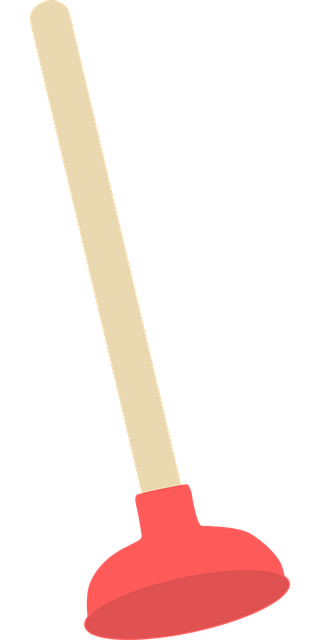
Maintaining optimal water pressure is a critical aspect of efficient plumbing operation and can significantly impact your home’s overall water efficiency. High water pressure, while initially beneficial for powerful flows, can lead to excessive wear and tear on pipes, fixtures, and appliances, resulting in costly repairs. Regular inspections are key to identifying potential issues early. Homeowners should periodically check their water pressure and look for any signs of leaks or unusual noises coming from pipes. Preventative measures like these simple plumbing maintenance tips can help avoid major problems down the line.
One effective strategy for optimizing water pressure is addressing sediment buildup. Over time, mineral deposits and debris accumulate in pipes, reducing water flow and potentially causing pressure fluctuations. Regular cleaning and sediment removal through professional plumbing services or home filtration systems are recommended. Additionally, keeping fixtures and appliances well-maintained and considering fixture replacement as part of your plumbing maintenance routine can contribute to better water pressure.
Sediment Removal, Fixture Replacement: Ensuring Longevity and Performance
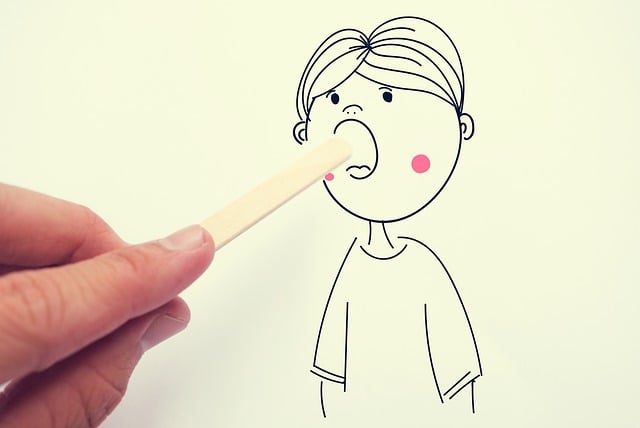
Regular inspections and proper plumbing maintenance tips are crucial for any homeowner to ensure their fixtures’ longevity and optimal performance. One often-overlooked aspect is sediment removal, which can significantly impact water pressure and overall system efficiency. Over time, minerals and other particles accumulate in pipes, leading to a buildup that restricts water flow. This not only reduces water pressure but can also cause fixtures to malfunction or even fail prematurely.
To mitigate this, consider scheduling regular cleaning and fixture replacement as part of your plumbing maintenance routine. Sediment removal is particularly important for water heaters and pipes with high-sediment content. Replacing old or damaged fixtures with modern, efficient models not only reduces the risk of leaks but also enhances overall system performance. Remember, leak prevention through timely maintenance is a key strategy to avoid costly repairs and ensure your plumbing system operates smoothly.



